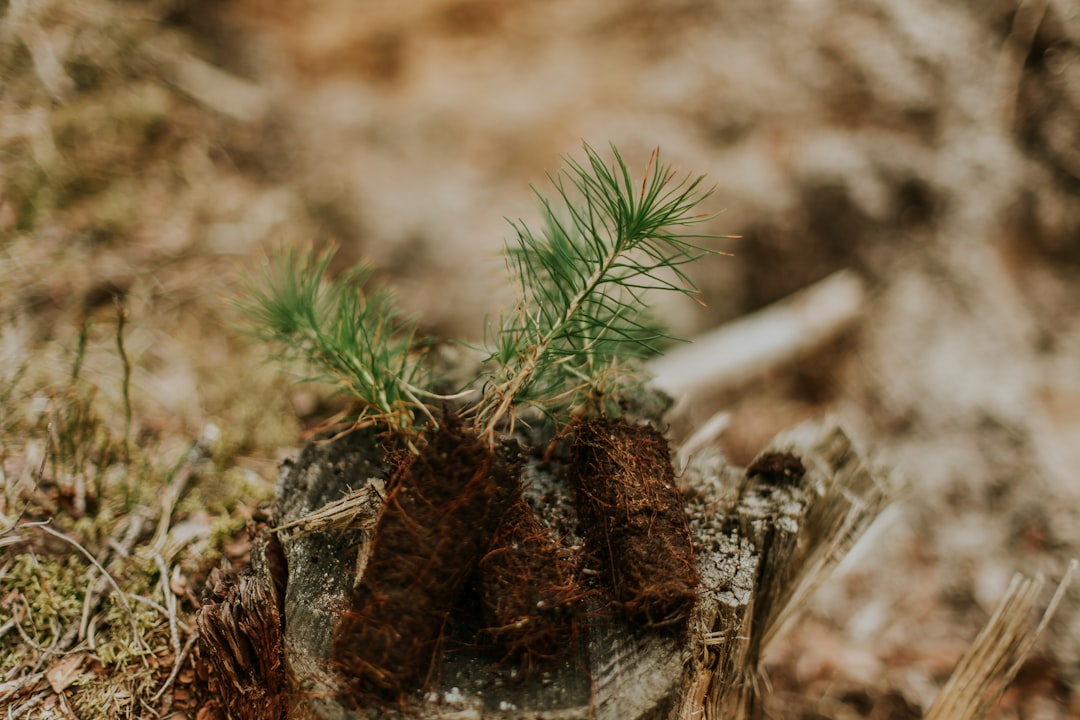


Trees are among the most valuable assets on your property. They provide shade, beauty, privacy, and even increase home value. However, without proper care, even the healthiest tree can become a liability. Whether you’ve recently installed new trees or you’ve inherited mature ones with your home, regular maintenance is essential to ensure their health and safety.
At Salas Services, we specialize in all aspects of tree care—from installation to trimming and removal. Here are our top tips every homeowner should follow to keep their trees in excellent condition.
Young trees, especially in the first 2–3 years after planting, need regular watering. Their roots are still establishing, and inconsistent watering can lead to stunted growth or failure to thrive.
Tip: Water deeply once or twice a week depending on the weather. Avoid shallow daily watering, as it encourages weak surface roots.
Mulching helps retain soil moisture, regulate temperature, and protect against weeds—but only when done correctly.
Avoid: The common mistake of "volcano mulching," where mulch is piled against the trunk. This can cause rot and invite pests.
Tip: Spread mulch in a donut shape, 2–4 inches deep, leaving space around the base of the trunk.
Tree trimming is both an art and a science. Pruning at the wrong time or too aggressively can stress the tree and increase disease risk.
Tip: Late winter or early spring is ideal for most trees. Always remove dead, diseased, or rubbing branches. For larger jobs, trust Salas Services for professional tree trimming to promote healthy growth and prevent structural issues.
Discoloration, unusual leaf drop, and holes in the bark may signal disease or pest problems. Early detection is key to saving a tree.
Tip: Walk your property regularly and inspect trees for changes. If something looks off, contact a tree care expert.
Repeated damage from lawnmowers or string trimmers can injure bark and lead to tree stress or decay.
Tip: Use mulch rings to protect the base and avoid getting too close to trunks with equipment.
Texas weather can be tough on trees. Storms with high winds or heavy rain can break limbs or uproot poorly anchored trees.
Tip: Make sure newly planted trees are staked correctly and that mature trees are pruned for wind resistance. Salas Services offers tree trimming services to keep your trees storm-ready.
While trees do benefit from nutrients, over-fertilizing can harm roots and lead to excessive, weak growth.
Tip: Test your soil before applying fertilizer, and when in doubt, let a professional handle it.
Not all tree work is DIY-friendly. Tree removal, high trimming, and diagnosis of complex problems should always be left to trained professionals.
Tip: Don’t risk injury or tree damage—Salas Services is equipped to handle everything from safe tree removal to routine care.

Here are the most common questions client’s usually have for us. Still have more questions? Contact Us.
Yes, we offer emergency tree removal services for situations such as storm damage, fallen trees, or hazardous trees posing an immediate risk. Contact us at [phone number] as soon as possible in case of emergencies, and our team will prioritize your situation.
We can assist you with the process of obtaining permits for tree removal, if required. The need for permits varies based on local regulations and tree preservation ordinances. Our team will guide you through the necessary steps and provide any documentation or information needed for the permit application.
While trees are generally low-maintenance, certain signs indicate the need for professional intervention. Watch out for symptoms such as extensive dead or dying branches, sudden leaf loss, significant pest infestation, leaning or unstable tree structure, or visible signs of disease or decay. If you notice any of these issues, it's best to consult with our skilled arborists.
Several signs indicate that a tree may need to be removed, including significant structural damage, extensive disease or pest infestation, severe leaning, extensive root damage, or proximity to power lines or structures. Our professional arborists can assess the tree's health and safety to determine if removal is necessary.
The frequency of tree trimming or pruning depends on various factors such as tree species, age, and overall health. As a general guideline, it is recommended to have trees pruned every 3-5 years to maintain their shape, promote healthy growth, and remove any hazardous or dead branches.
The ideal time to plant new trees depends on the tree species and climate. In general, spring and fall are the preferred seasons for tree planting as the weather conditions are more favorable for root establishment. However, it's best to consult with our experts who can provide guidance based on your specific location and tree species.

Can’t find the answer you’re looking for? Please chat with our friendly team.



